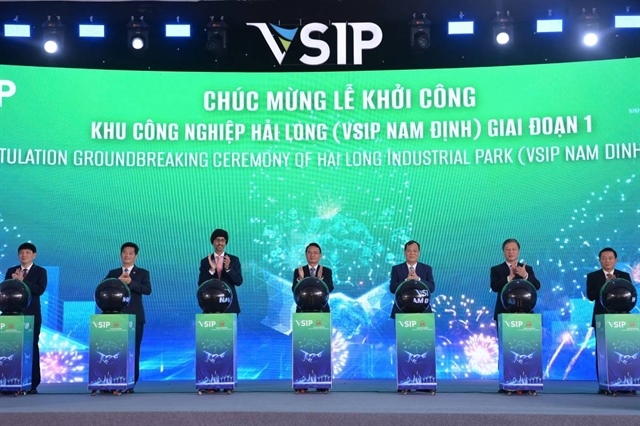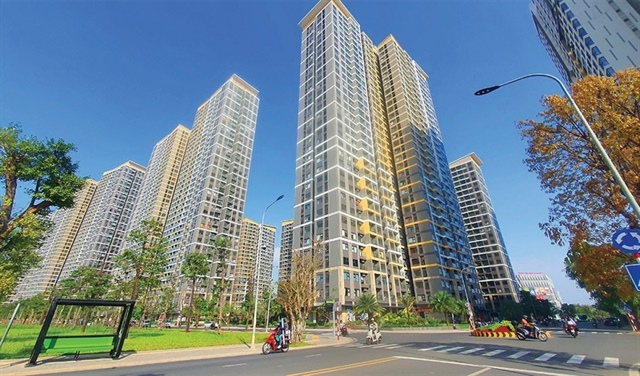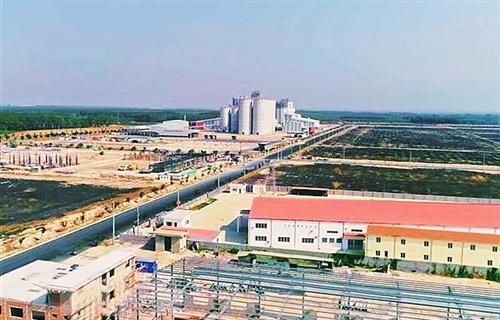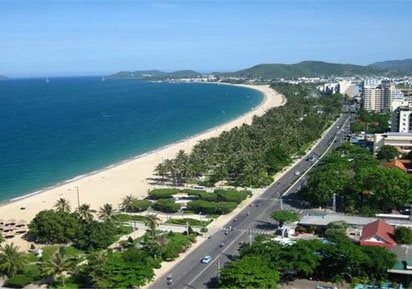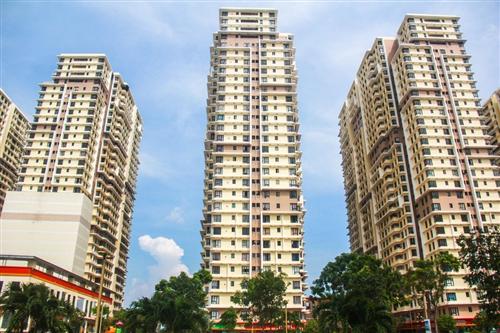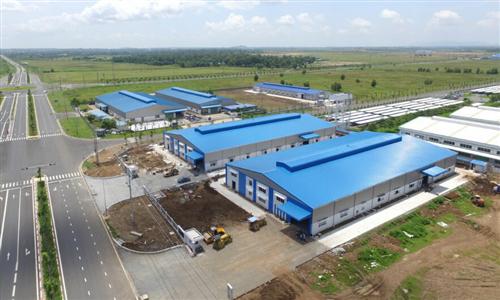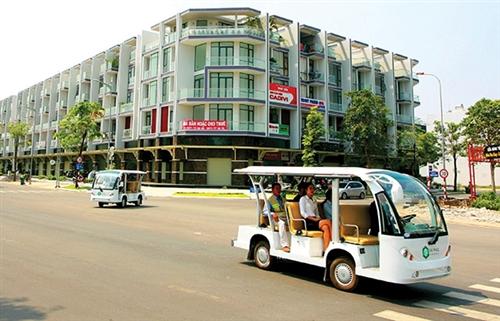Vietnam set to become shelter for foreign real estate investment post-Covid-19
Vietnam set to become shelter for foreign real estate investment post-Covid-19
Big companies like Apple, Nintendo, and Samsung and their supplier have switched out to limit damage.
Vietnam’s property market is likey to receive inflows of foreign investment after big countries encourage their companies to relocate manufacturing bases out of China after problems arising during the global pandemic.
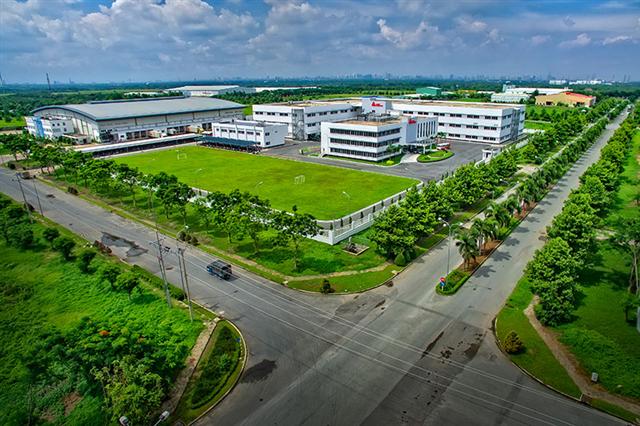
Vietnam set to become manufacturing hub
|
The Southeast Asian nation set to get a second round of tonic from global companies diversifying their production bases in the region as the coronavirus outbreak exposes the concentration risk in China, according to South China Morning Post.
It stands to benefit as the exodus from “the world’s factory” accelerates, burnishing its appeal as an alternative to China since the likes of Apple, Samsung and their suppliers switched out to limit the damage caused by higher tariffs in the US-China trade war.
Analysts say industrial and residential property in the capital Hanoi and Ho Chi Minh City are likely to get another tailwind after the pandemic lockdown disrupted supply chains and escalated trade and political tension between China and other economic powerhouses.
“This Covid-19 outbreak is forcing many companies to re-evaluate their supply chain strategy,” said Sunny Hoang Ha, sales director at SPG Land Viet Nam, part of a group that controls Greenland Hong Kong Holdings. “Vietnam is primed to benefit.”
With relatively developed infrastructure and proximity to China, Vietnam has attracted the majority of those who wanted to diversify their manufacturing portfolio outside China, according to JLL, a global real estate and investment management firm.
Although the Covid-19 pandemic was currently causing difficulties for investment decisions or relocation activities, industrial park developers remained confident of increasing land prices as they were well aware of long-term potential in Vietnam’s industrial segment, sending land prices soaring in the northern industrial market, JLL explained.
Demand for industrial land remained strong in the first quarter this year thanks to Vietnam’s good industrial fundamentals, the consultancy company noted.
“With the influx of foreign industrialists, they will need accommodation for both the foreign staff as well as local staff who might have come from other provinces,” said Jeremy Williams, chief business officer at PropertyGuru, which operates www.batdongsan.com.vn portal. “The residential segment will see an increase in demand, hence providing an uplift to prices.”
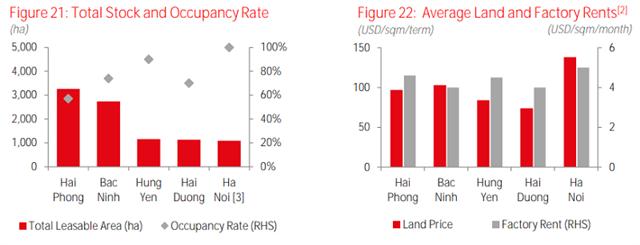
Indicators of Vietnam's northern industrial market in Q1/2020. Source: JLL Research
|
Vietnam’s early response to pandemic helps
Vietnam’s response to the coronavirus crisis has been hailed as a model for low-cost best practice in curbing the contagion.
With 324 infected cases and zero deaths, Vietnam has relaxed restrictions, enabling itself to become one of the first countries to restart its economy.
For that reason, property developers, private equity funds and analysts are still betting on the prospects of Vietnam’s real estate market in which foreigners and foreign organizations are eligible to own houses in the country in a tenure of 50 years.
Analysts are watching if Japan’s latest move will instigate a rush to Vietnam and elsewhere. The Japanese government last month unveiled a US$2.2 billion fund to pay its manufacturers to move out of China, stricken by a breakdown in supply chain following lockdown measures in January to stem the viral outbreak.
Officials from the US and the EU have also indicated their willingness to reduce their dependencies on other countries. Apple, Nintendo and Samsung and many of its Asia-based suppliers have relocated some of their production or assembling capacity to Vietnam.
Foreign direct investment rose for seventh straight year as suppliers to Apple, Nintendo, Samsung build new bases
“The thinking about ring-fencing supply chain to reduce over-reliance on one single production base will only expedite the move,” Jeremy Williams noted. “Vietnam benefits from its proximity to China as well as its skilled and disciplined labour, which costs only a fraction of China’s.”
Besides, Vietnam’s young population provides a ready pool of talented professionals, adding to its investment appeal.


